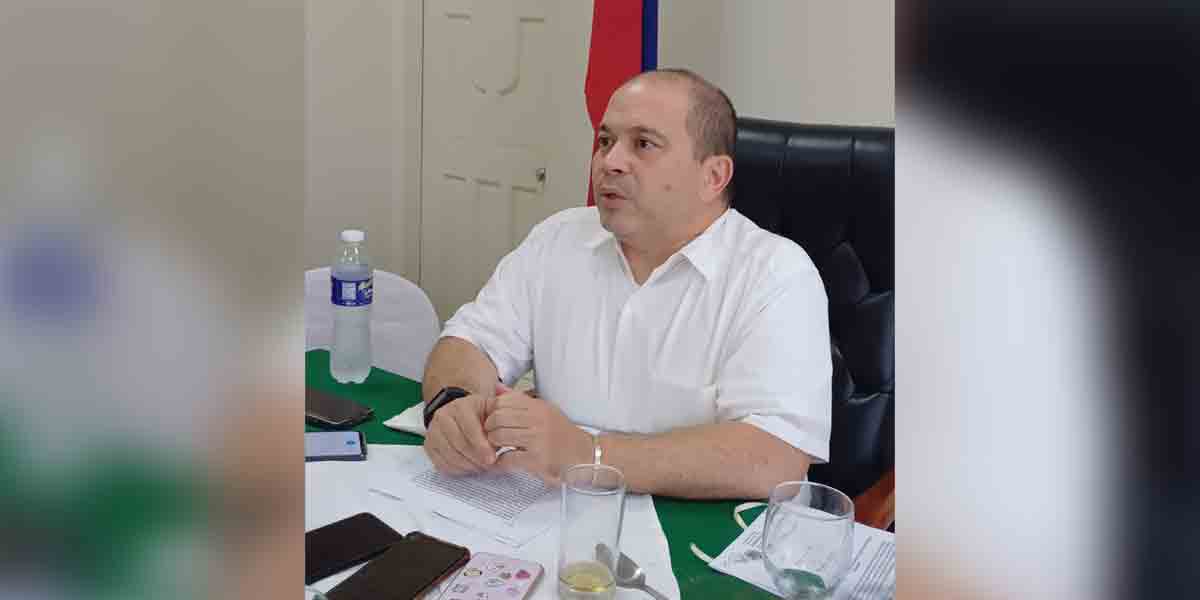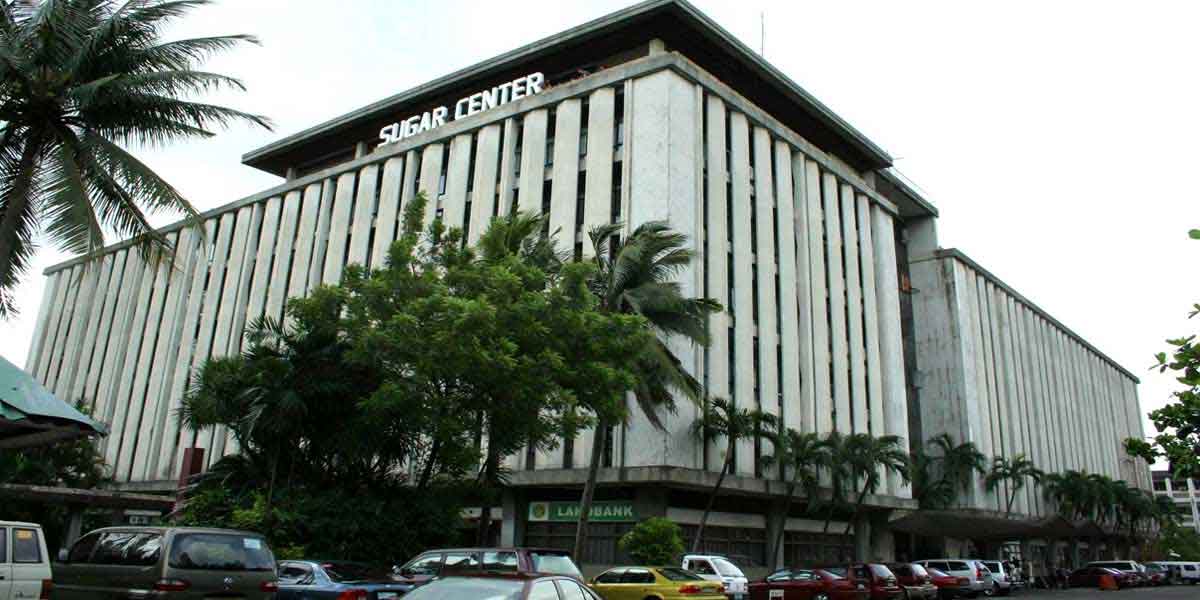The Philippines has joined as a member of the Organisation for Economic Cooperation and Development (OECD)/G20 Inclusive Framework on Base-Erosion and Profit Shifting (BEPS) Inclusive Framework on November 8, 2023–a move reconfirming the government’s commitment to uphold tax fairness, protect the country’s tax base from aggressive tax avoidance schemes, and promote international tax cooperation.
The Inclusive Framework on BEPS is mandated to spearhead the effective implementation of the BEPS Project, including conducting peer reviews of the BEPS minimum standards, monitoring the other BEPS Actions, and leading the ongoing standard-setting work.
At present, it has 143 member jurisdictions (including six ASEAN-member countries) and 14 observer organizations.
In a meeting with OECD Centre for Tax Policy and Administration Director Manal S. Corwin, Finance Secretary Benjamin E. Diokno presented the Department of Finance (DOF)’s letter of commitment stating the Philippines’ support for the implementation of the BEPS Action Plan and its interest in joining the Outcome Statement on the Two-Pillar Solution to Address the tax Challenges Arising from the Digitalization of the Economy of July 11, 2023.
“The Philippines looks forward to the partnership that it will have with the OECD and the members of the Inclusive Framework on BEPS in ensuring tax fairness and transparency and pushing for international tax reforms that benefit all nations,” Secretary Diokno said.
The BEPS Project came as a coordinated response by the G20 countries to the aggressive tax planning employed by multinational enterprises (MNEs) that led to base erosion and profit shifting, which played a key role in the 2008 financial crisis.
Secretary Diokno stressed that the Philippines intends to contribute immensely to the discussions on international tax reforms especially in implementing the Two-Pillar Solution.
“As a developing economy, it is essential that we ensure that the rules set are administratively feasible and secure equitable taxing rights,” he said.
With the Philippines assuming the Chairmanship of the Intergovernmental Group of Twenty-Four (G24) this year, the Inclusive Framework on BEPS membership cements the Philippines’ position as a champion for developing countries in international tax discussions.
Since 2016, the DOF and the Bureau of Internal Revenue (BIR) have been working on aligning the Philippines’ domestic legal framework with the BEPS minimum standards, with support from the OECD, the Asian Development Bank (ADB), and other development partners.
In 2021, the preferential treatment of Regional Operating Headquarters was abolished under the Corporate Recovery and Tax Incentives for Enterprises (CREATE) Law consistent with the recommendations under BEPS Action 5 on Harmful Tax Practices.
To align the country’s tax treaties with BEPS Action 6, the DOF and the BIR developed a new Philippine Double Taxation Agreement Model. (DOF)



















